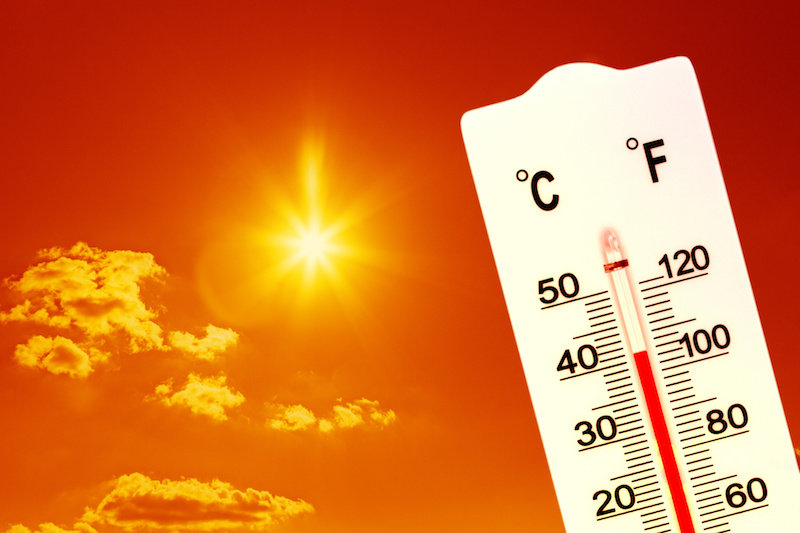
If we combine all of the estimated deaths of koalas in Australian bushfires, there could be 1,000 koalas that have been killed in the last two months. The extent of the blaze means large tracts of the tree-dwelling koalas’ habitat has been destroyed.

A massive alliance of more than 11,000 scientists have signed, sealed and delivered an important message to the world: if we don't make rapid, deep and lasting changes to our lives, they write, there will soon come "untold human suffering".
The growing intensity of present day wildfires is a sobering reminder that greenhouse gas emissions and the global carbon footprint must be curbed, lest our planet be faced with irreversible climate consequences.

Qatar's average temperatures have risen more than 3.6 degrees Fahrenheit since the late 19th century. Now engineers preparing for the 2022 World Cup are outfitting stadiums with massive cooling systems to create tolerability for spectators and players.

Climate change is disrupting the rhythms of spring growing and river flooding across Europe, which could pose new problems for biodiversity and food security in floodplains, scientists say.

Since August, forest fires have erupted in Riau, Jambi, South Sumatra, West Kalimantan, Central Kalimantan, and South Kalimantan, and produced smog that has choked millions of people in those provinces, several neighboring regions and even Malaysia and Singapore.

Much of the planet sweltered in unprecedented heat in July, as temperatures soared to new heights in the hottest month ever recorded. The record warmth also shrank Arctic and Antarctic sea ice to historic lows.

Meanwhile Belgium, Germany, Luxembourg and the Netherlands also reached new record highs, of 41.8C, 41.5C, 40.8C and 40.7C respectively.

Hot weather has engulfed a huge portion of the Arctic, from Alaska to Greenland to Siberia. Yet another symptom of an Arctic transitioning into a more volatile state as the planet warms.

This June was around 1C hotter than the previous record set for Europe in 1999, and about 1C higher than expected from the trend in recent decades, the Copernicus Climate Change Service reported.

Researchers have assessed a range of possible scenarios regarding the rate of climate change in 173 African cities for the years 2030, 2060 and 2090. Their results show that a third of African city-dwellers could be affected by deadly heat waves in 2090.

Temperatures in India reached 50.3 degrees Celsius (122.54 Fahrenheit) last week, nearing the record high of 51 degrees Celsius set in 2016. The scarcity of water has prompted fights and stabbings at relief points.

The tropical cyclone that tore through Mozambique and other Southern African nations spotlights how the combination of rapid urbanization and climate change is turning deadly in the world’s poorest nations.

Climate change means springtime temperatures are arriving earlier with more intense early-season rains, worsening the risk of damaging floods. Current flooding has far surpassed previous all-time records.

Olive trees across the Mediterranean have been hit by freak events that mirror climate change predictions – erratic rainfalls, early spring frosts, strong winds and summer droughts.